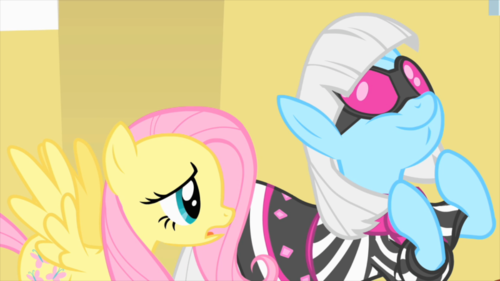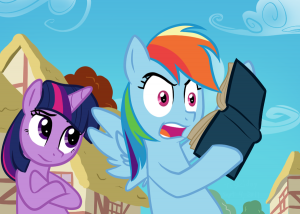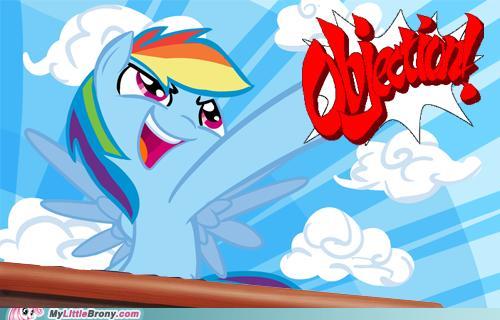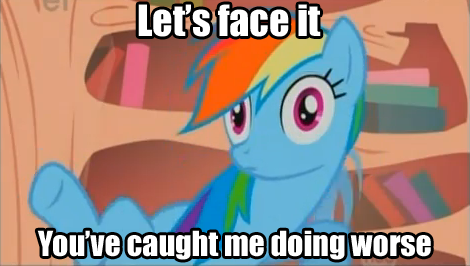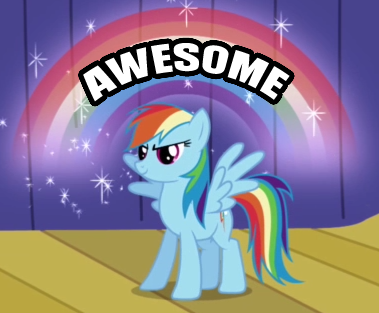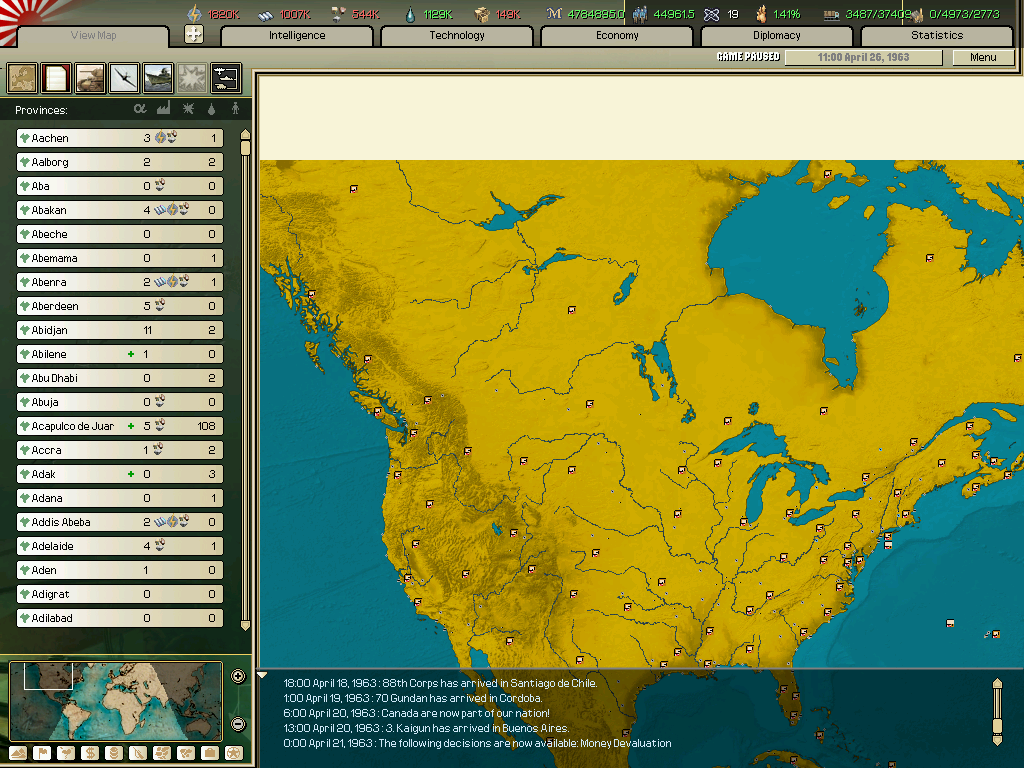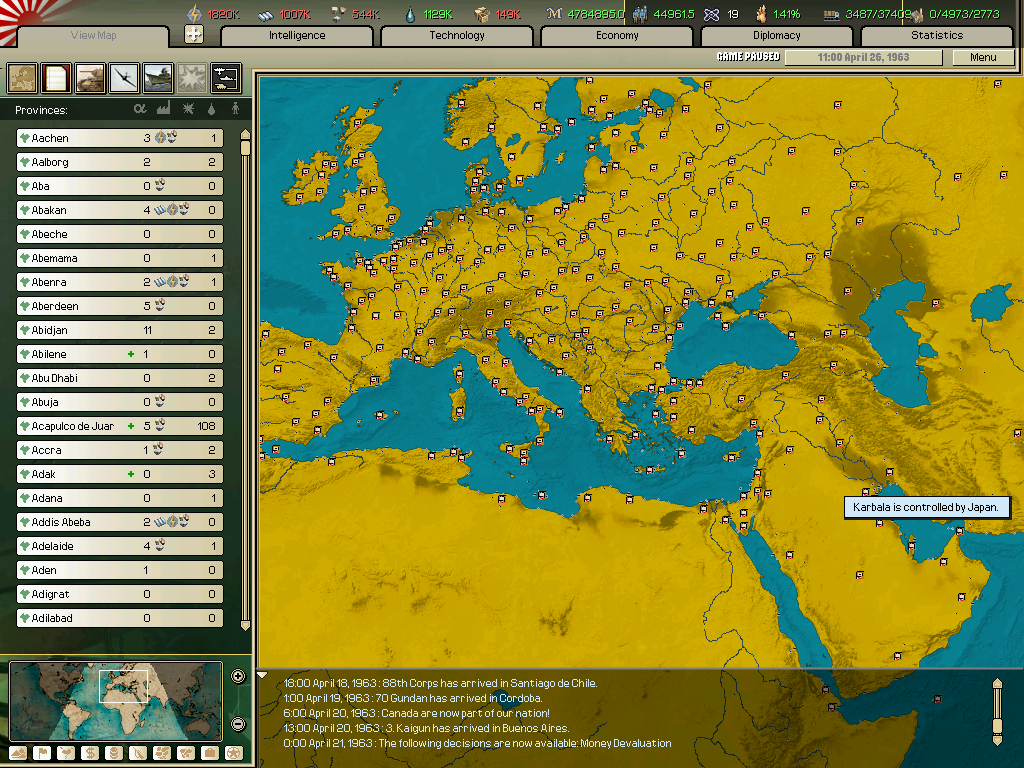You know, I think I’ve identified another hook that strategy games tend to have for me. It’s something I’ve noticed I feel in such games for a long time but have never really connected it in a logical sense to a reason of appeal.
That is quite simply potential. Think about when you begin a game, especially a 4X like Civilization. Think about how you see almost nothing of the world, just your immediate surroundings, unblemished by human actions, and beyond that the dark mystery of the unknown. Your first, tiny, puny settlement, protected by a handful of clubmen. You send out a scout and begin gradually cranking out buildings and units, gradually expanding.

It’s that exact moment right at the beginning, the moment of seeing the potential but not yet being able to achieve it, that I love. Or at least is the first half of what I love. You begin planning, mentally placing future settlements, looking at how to fight a defensive war, scouting out your neighbors, all that sort of thing. The entire game is before you and it is a quantum, Schroedinger-esque value at this moment. It is not yet a game, but the potential of a game. Over at Flash of Steel, a good while ago, Troy Goodfellow wrote an excellent piece that is related to this. As he says it’s not that things are complete unscripted, in fact a lot of things are constrained by various rules and/or in-game costs, but one of the core aspects of a good strategy game is that it is fundamentally a story, or a series or collection of stories. The story of how the Iroquois conquered the world, or when the Cold War went hot, or whatever it might be.
And that pregnant moment in the first few turns of a good 4x where so, so many stories are possible, and you get to wrestle with your rivals to write one – that moment is truly delicious. Much later you will look back across a cultivated, irrigated, networked empire that has left no tile untouched in the quest for dominance and efficiency, and the story of getting from A to B is there to see. Some things will be obvious, like the masses of farms and mines. Some a little more subtle, perhaps, like how all the cities in the southern end of your Persian empire have French names. But all there to be seen and remembered. The potential has been realized, and now you have a completed game, and the memories of playing it.
A core aspect of this is the ability to affect the world itself, which may be why strategy games (and management/sim games) seem to scratch this itch most effectively for me, as opposed to the more typically narrative-led genres. It’s not just the transfer of territory, but also the utilization of that same territory once you own it. Not just the achievement of a prize, but the use of the prize. It’s an inherent strength in strategy games I feel; until you achieve your ultimate victory you’re always looking for more efficiency, how to get more gold or credits or beakers or whatever, using your past conquests to become ever-stronger.
Also, when Troy Goodfellow said “No action game has ever made me want to be a writer. Some strategy games have.”, that could have been me saying it. In fact my book, which I am currently editing, was originally intended to just be an AAR of Space Empires V, but it rapidly blossomed far beyond that.


